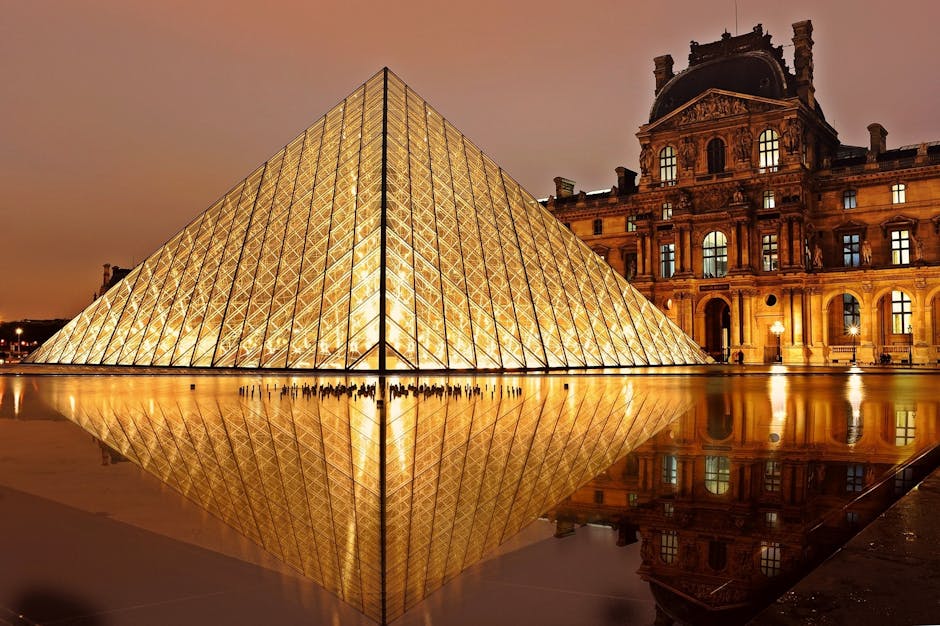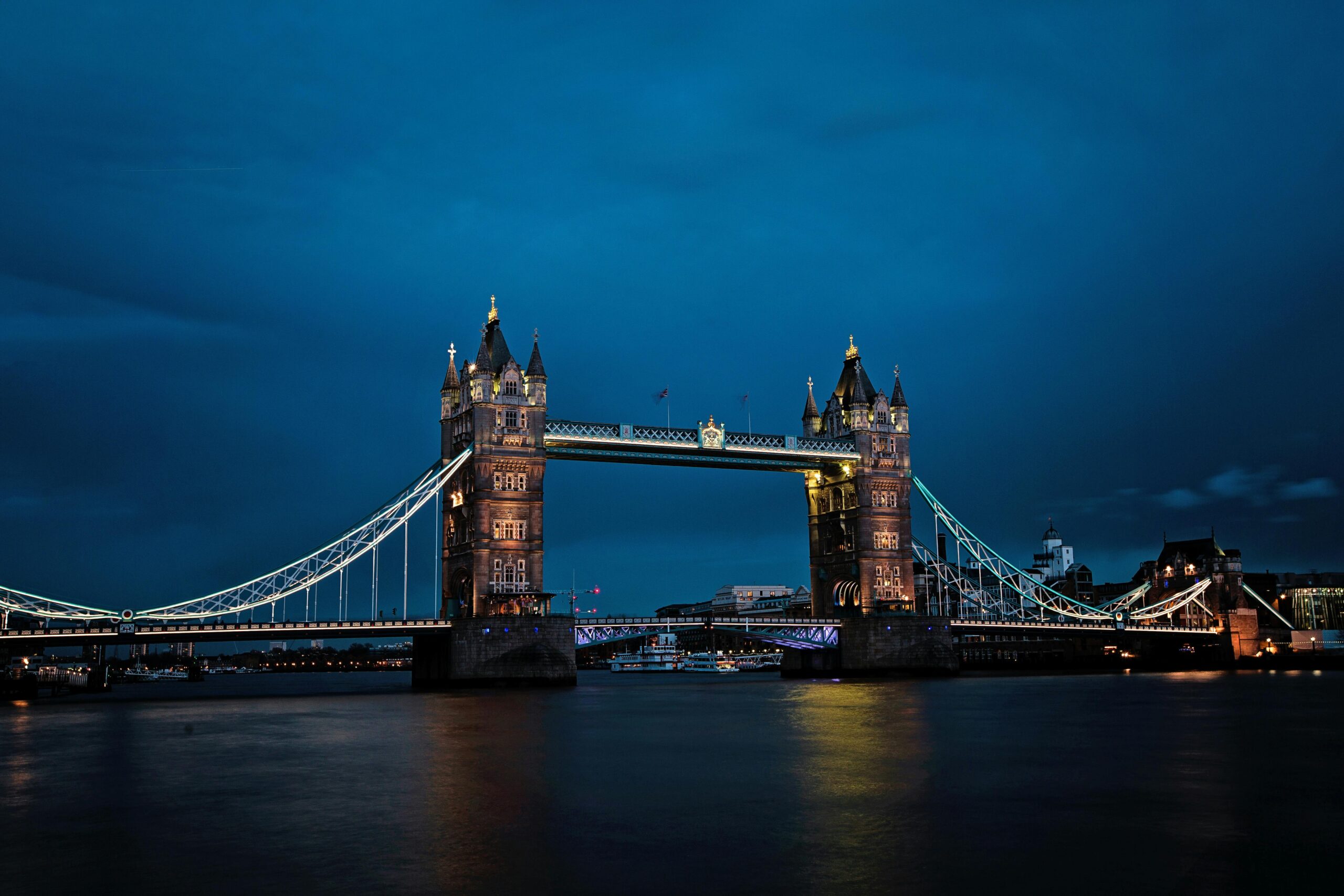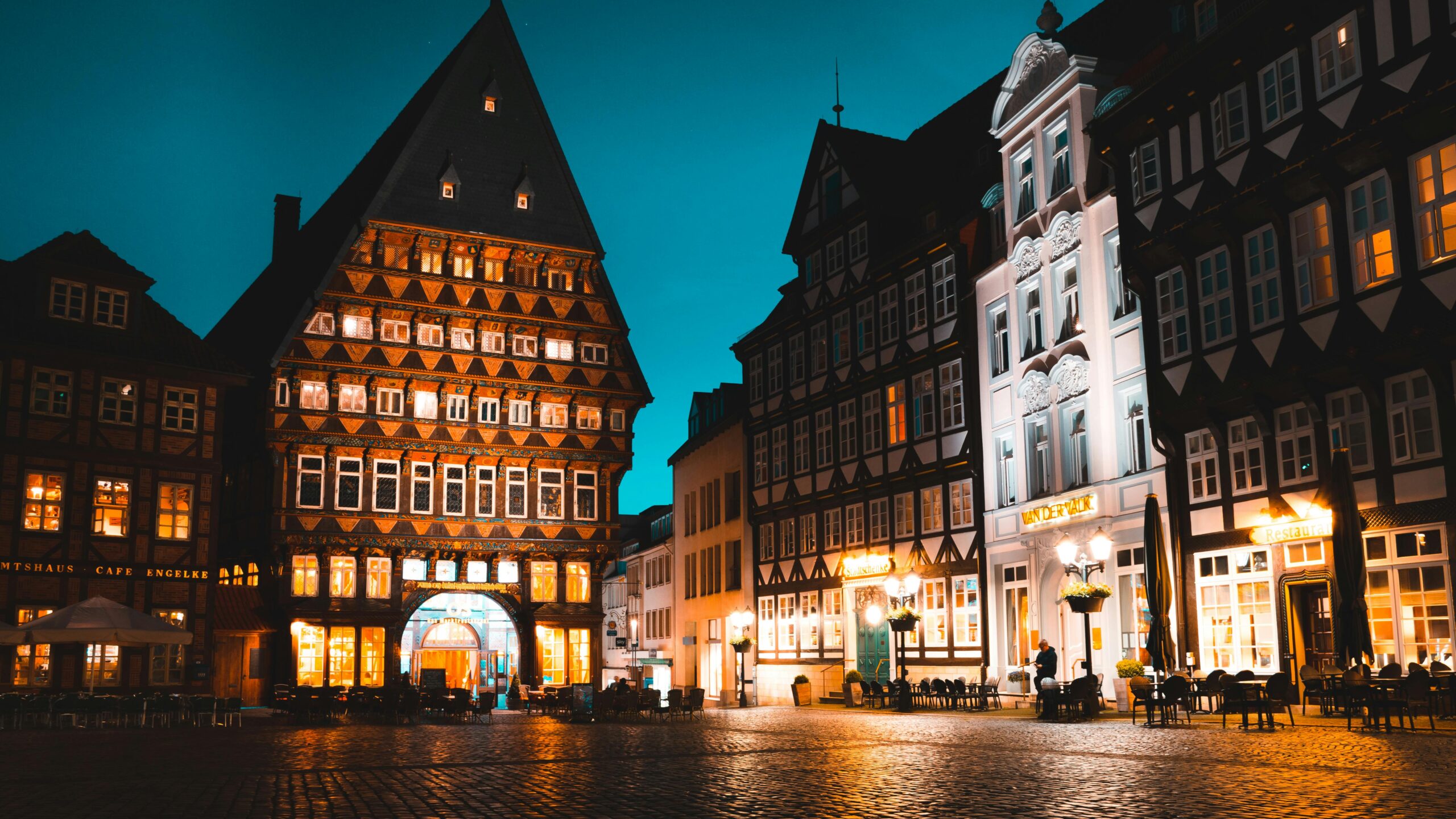- Key Takeaways
- Why Dubai Outpaces Paris
- The Financial Equation
- Market Dynamics and Demand
- The Government’s Vision
- Beyond the Balance Sheet
- Navigating Future Headwinds
- Conclusion
- Frequently Asked Questions
Key Takeaways
- Dubai offers unique tax advantages for property investors, such as no capital gains tax, that increase the potential returns compared to Paris.
- Dubai’s high rental yields appeal to overseas purchasers, leaving the city consistently outpacing many European markets when it comes to rental income.
- Dubai’s position as a global investment hub attracts international investors from all over the world, fueling demand.
- Cheaper property transfer fees and impressive mortgage rates mean that it’s more affordable to buy Dubai real estate.
- With continuing infrastructure development and an array of Dubai luxury property options, the city is attractive for lifestyle buyers as well as for investors.
- Robust government strategies and enduring economic stability provides investors peace of mind regarding their asset’s safety and growth potential in Dubai.
The paris by way of dubai property benefits have got to be better taxes, speedier building permits and enormous rental yields.
Dubai’s freehold options for foreign buyers, Paris’s more regulations and costs.
Dubai’s newer homes are equipped with modern conveniences and many reside in master-planned communities with excellent amenities.
Dubai’s climate and business laws attract international investors.
The main body will give you more facts and compare both markets in detail.
Why Dubai Outpaces Paris
 The city’s cocktail of tax incentives, robust rental yields, and investor-friendly regulations offer a feasible alternative for those in pursuit of value and appreciation.
The city’s cocktail of tax incentives, robust rental yields, and investor-friendly regulations offer a feasible alternative for those in pursuit of value and appreciation.
Dubai has zero property gains tax. This is a far cry from France, where property increases can be taxed up to 40%. Investors get to hold on to more of their gain in Dubai, which makes it an obvious choice for those who appreciate drumming up long-term rewards.
So Dubai’s rental yield plummets way above Paris. Yields in Dubai typically are in the 6%-8% range. Paris, by comparison, provides around 3.2%. This disparity allows Dubai to return more revenue for an equivalent investment.
Dubai cost less per square meter than Paris. Which means purchasers receive a larger area or superior locations for less money. The variety of properties spans from the exclusive villas and contemporary apartments to cost-effective studios and business units, hence catering to all price ranges.
UAE with Golden Visa that provides permanent residency to real estate investors and their dependents. Consequently, Dubai has become even more desirable for investors seeking refuge and a home base.
With off-plan properties, Dubai offers easy payment plans. Buyers can mortgage payments, making it far easier to get in the market or expand a portfolio.
Dubai’s location is what makes it a global investment hub. The weather is great, the infrastructure is modern, world-class healthcare and international schools. This attraction is not limited to investors, but includes those looking for a higher quality of life or business hub.
It’s a city that’s business-friendly, that embraces investors from across the globe.
The Financial Equation
Dubai and Paris present contrasting real estate investment environments. For a lot of international buyers, transaction fees are a big component in the equation. Buyers in Dubai confront a DLD fee of approximately 4% of the property value, as well as agent fees up to 2%, in addition to annual service fees.
Notary fees, about 7% in Paris, and higher taxes impact the total outlay. The table below compares standard transaction costs for both cities:
Cost Type | Dubai | Paris |
|---|---|---|
Transfer/Notary Fees | ~4% (DLD) | ~7% (notary fees) |
Agent Fees | 2% | 4-6% |
Annual Property Tax | None | 0.1-1.3% |
Rental Income Tax | None | 20-45% |
Capital Gains Tax | None | 19% |
Service Charges | Yes | Yes |
Dubai’s mortgage market welcomes non-residents. Non-residents can borrow up to 60%, residents up to 80%. Mortgage rates are in the 4 to 5% range.
These rates are competitive with international levels and render home ownership affordable for a larger segment. Mortgage rates are generally lower in Paris, but tough lending regulations may restrict availability for international purchasers.
Foreign investors in Dubai enjoy the advantage of the stable UAE dirham, pegged to the US dollar. This stability buffers it from the kind of huge currency fluctuations that recently plagued the euro, making Dubai a safer overall bet for cross-border capital.
With freehold ownership in Dubai on offer almost everywhere, Paris real estate is largely leasehold or a messy ownership mix. Freehold options in Dubai result in long term savings and greater leverage to investors.
Dubai property is exceptional for high rental yields as well–around 6% gross, way higher than Paris. No annual property tax or rental income tax, so investors are able to retain more of their returns.
With prices up 20 percent plus in 2024, and flexible off-plan payment plans, Dubai shines for those looking for growth and income.
Market Dynamics and Demand
Dubai’s property market is unique in demand and rental yields due to its expat population and consistent tourism. Where Paris yields may be 1.7%, Dubai regularly provides returns of 6-9% per annum. The city’s prime areas, such as Dubai Marina and Palm Jumeirah, appeal to long-term tenants as well as short-stay renters, which maintains low vacancy rates and reliable income streams.
The table below offers a clear view of current trends:
City | Rental Yield (%) | Property Value Growth (%) | Tenant Demand Index* |
|---|---|---|---|
Dubai | 6–9 | 13 | High |
Paris | 1.7–3 | 2–3 | Moderate |
*Tenant Demand Index: based on average occupancy rates and rental turnover.
Luxury properties in Dubai have grown rapidly. Villas and townhouses, constituting only 18% of sales, account for 40% of market value. For exclusive amenities, privacy and long-term investment, high-net-worth buyers locally and globally covet these homes.
New launches and off-plan sales are increasing, with early 2024 transactions totaling $34.3 billion and expected to exceed $58.3 billion by year-end.
Dubai’s emphasis on infrastructure—a combination of new roads, public transportation and business hubs—contributes to adding value to its real estate. These projects in progress keep the city interesting for investors and new residents.
These improvements that they bring tend to raise property values and increase demand in residential and commercial areas.
Unlike Paris where growth is steady but slow, Dubai’s market is dynamic. It experiences robust cycles, with boom cycles such as 2012-14 and 2021-24. Although this adds a bit of risk, it opens opportunities for greater gains, particularly for the nimble in dynamic markets.
The Government’s Vision
Dubai’s government is hands-on in its pursuit to make its property market shine on the global stage. It’s all part of the government’s vision to become the city of choice for global investors, having policies in place that will ensure the market remains robust and attractive down the road, particularly for international property buyers.
Dubai has launched several measures to attract foreign investors. One significant step is allowing foreign investors 100% ownership in specific zones, alleviating the concern of local joint ventures. The city has made it far simpler to establish new businesses—there were more than 51,000 new companies launched in the first nine months of 2024, contributing to the vibrant real estate sector.
It allows job hunters to remain for 120 days on a visa, providing them time to find employment and establish residence, thereby bolstering the property market. Dubai provides long-term residency options for investors and property owners, making buying property in this attractive investment destination even more appealing.
Dubai’s leaders have made a plan to maintain economic stability by not depending solely on oil. Instead, they concentrate on tourism, banking, and real estate. This consistent strategy guards investments against shocks in any particular industry, ensuring strong capital appreciation.
The government sees robust growth because of new laws regarding property rights, rental income, and ownership, empowering buyers and renters alike. These laws impose hard limits designed to make the market fair and safe, which is crucial for property buyers looking for reliable investments.
Urban planning figures prominently in the government’s vision! Dubai continues to inject luxury, whether it’s the world-class roads and metro lines or the high-end shopping, schools and hospitals. All these enhancements improve the everyday experience, positioning Dubai as more than just a great place to work, it’s a great place to live.
The government offers tax incentives and reduces paperwork for overseas purchasers, facilitating and reducing the cost of property acquisition, making it an even more attractive option for French property investors.
Beyond the Balance Sheet
Dubai is a city where real estate investment goes beyond the balance sheet. The current socio-economic reforms in the UAE help keep risks in check, and new government regulations now drive transparency and protect buyers better than ever. These shifts provide more resilience to Dubai’s real estate sector, which has been through many cycles over the years. As a result, Dubai is increasingly recognized as an attractive investment destination for international property buyers.
Although just 60% of intended homes are constructed according to schedule, such lags help prevent the market from being suddenly swamped by an excess of new units. Dubai has a good mix of property types, allowing property buyers to diversify their risk. From apartment towers and waterfront villas to integrated developments and serviced suites, the options allow buyers to select what aligns with their objectives.
This blend helps to ease the blow of market or demand fluctuations. For instance, beachfront houses in Palm Jumeirah or downtown lofts close to the Burj Khalifa are much sought after by both buyers and tenants. Family townhouses in Arabian Ranches or golf-side villas in Emirates Hills satisfy the need for space, showcasing the diverse residential properties available in the market.
- Apartments in Dubai Marina with gyms and pools
- Townhouses in Jumeirah Village Circle with parks nearby
- Villas in Palm Jumeirah with private beach access
- Serviced flats in Downtown Dubai with hotel-level amenities
- Family homes in Arabian Ranches with community centers
Rental demand remains strong in desirable neighborhoods, frequently providing consistent cash flow. Locations near business districts or tourist attractions typically appeal to an amalgam of young professionals and expatriate families, seeking secure, contemporary residences. The increase in upfront costs — now approximately 26% of price — aligns with what’s experienced in prominent international cities, thereby rendering the experience more recognizable to overseas investors.
Quality of life is a huge bonus. Dubai’s dependable public services, esteemed schools, and secure environment have attracted residents from all over the world. The city’s real estate market has remained resilient, even as oil prices and world trends fluctuate, with property values continuing to increase relative to other leading cities, enhancing its investment potential.
Navigating Future Headwinds
Dubai’s real estate market is distinguished by a combination of attractive yields and new government regulations. These factors are attracting international property buyers, offering lower costs than many other global cities, along with a transparent route to residency through property-linked visas. While these elements draw attention to Dubai, it’s wise to consider what might tip the balance in the coming years.
To shelter investments in Dubai properties, a checklist will do. First, check all property papers and deal with a reputable agent or firm. Investigate the location, scope out local projects, and examine commuter routes or proposed infrastructure. Research the building’s upkeep, age, and history for any surprise expenses that could affect your investment potential.
Examine the conditions of property-related visas to confirm they align with your objectives. Stay on top of local regulations and potential tax shifts targeting overseas buyers. Having trusted legal assistance to review contracts and ownership terms is crucial. Regularly review financial plans and reserve cash for surprise expenses or headwinds that may arise in the real estate sector.
You’ve got to keep a finger on the pulse of these global shifts. China’s slower growth or lower oil demand, for example, may bear on Dubai’s markets. The city’s property market is less connected to oil prices due to recent visa regulations; however, there remains a measure of exposure should government expenditure decelerate.
The past two years posted solid property growth—16% last year, slightly less than the 20% increase prior. This cooling trend indicates that the market is seeking equilibrium, yet investors should prepare for volatility in property prices.
Proactive financial planning helps limit risk. Don’t put all your eggs in one basket. Budget well — establish clear budgets and track income against costs. Stay on top of new projects, since any new renovations or large developments can increase or decrease property value.
Analysts anticipate Dubai prices to continue going up in 2025, helping to maintain the emirate’s market as an attractive investment destination in the global landscape.
Conclusion
Dubai’s bang-up growth, enormous returns and transparent regulations differentiate it. Paris has elegance and history, but Dubai attracts international buyers with fresh developments and enthusiastic backing from its rulers. Why buyers find less tax, more room and quicker deals in Dubai The city is fast, open to new things and sets trends. Paris continues to hold an allure for those seeking heritage and a stable market. Every city comes with its own benefits and dangers. Want to check what suits your schedule the most? Contrast regulations and price and expansion. Explore where today’s trends are heading, consult with insiders, and find out which city matches up with your ambitions.
Frequently Asked Questions
What are the main advantages of investing in Dubai property over Paris?
Dubai offers attractive investment opportunities with higher rental yields, zero property tax, and a simplified buying experience, driven by strong government policies and a dynamic economy.
How does Dubai’s property market compare to Paris in terms of demand?
Dubai benefits from continuous demand from global purchasers and international property buyers thanks to its business-friendly policies and infrastructure, whereas Paris has more stringent regulations and a slower pace of property investment.
Is owning property in Dubai more affordable than in Paris?
Sure, Dubai has, in many respects, lower entry prices and transaction costs than Paris, making it an attractive investment destination for international property buyers.
What role does the Dubai government play in the real estate market?
The Dubai government fuels the real estate market with investor-friendly regulations, visa incentives, and transparent legal frameworks, fostering a thriving market for international property buyers that is both stable and growing.
Are there any taxes on property ownership in Dubai?
There’s no annual property tax in Dubai, making it an attractive investment destination, while owners in Paris face various property taxes that increase the cost of ownership in France.
How stable is the Dubai property market for long-term investment?
Dubai’s property market, characterized by strong capital appreciation and attractive investment opportunities, is supported by robust infrastructure, a diversified economy, and forward-looking government planning, making it a solid choice for long-term investment.
What are the potential risks of investing in Dubai property?
Potential risks include market fluctuations and regulatory changes; however, Dubai’s clear regulations and planning mitigate these risks, making it an attractive investment destination.



